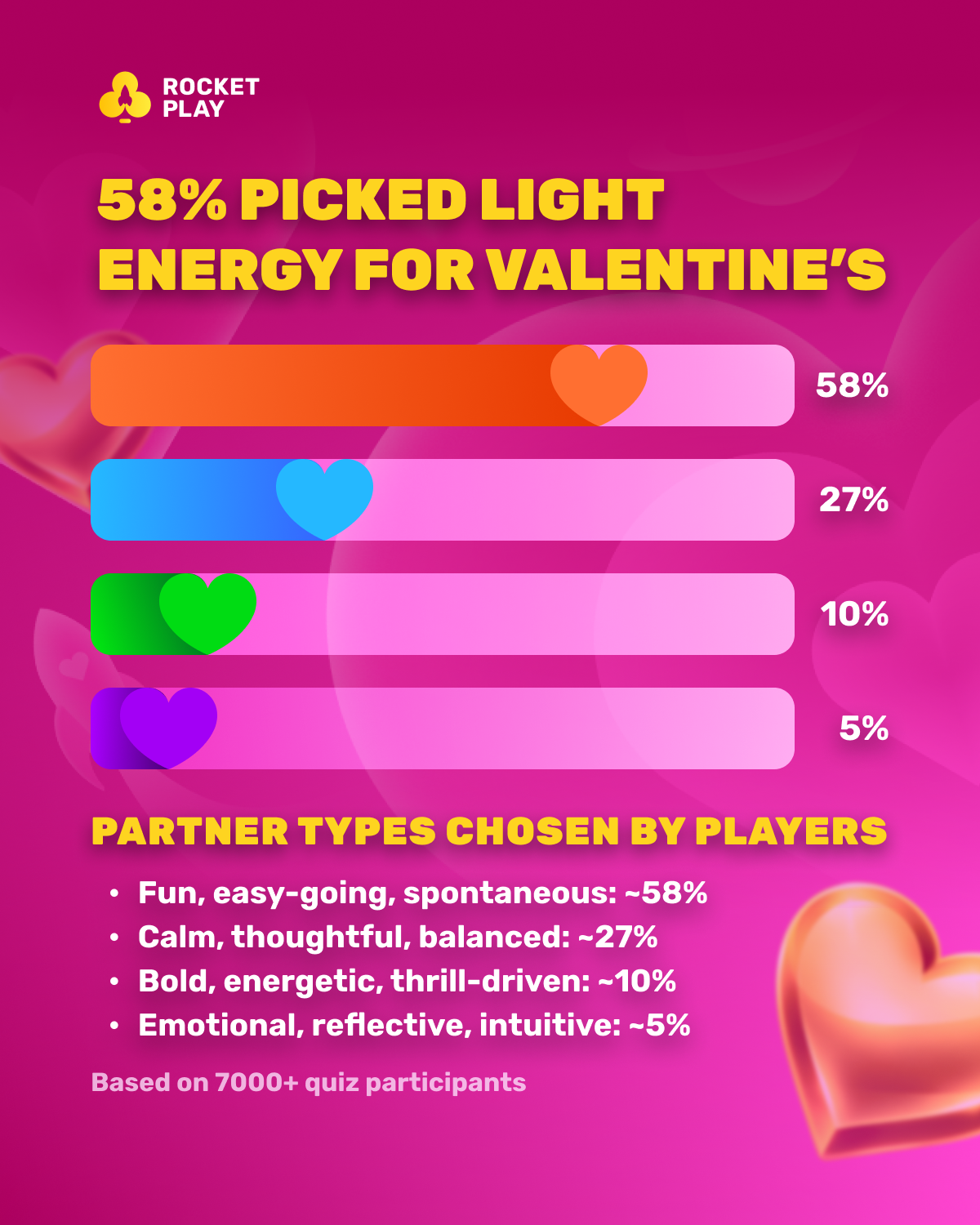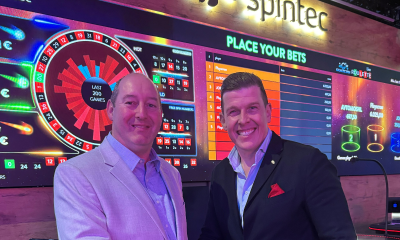Gaming
The future of the gaming industry: brand loyalty and retention, Exclusive Q&A w/ Achille Traore, CEO of White Label Loyalty
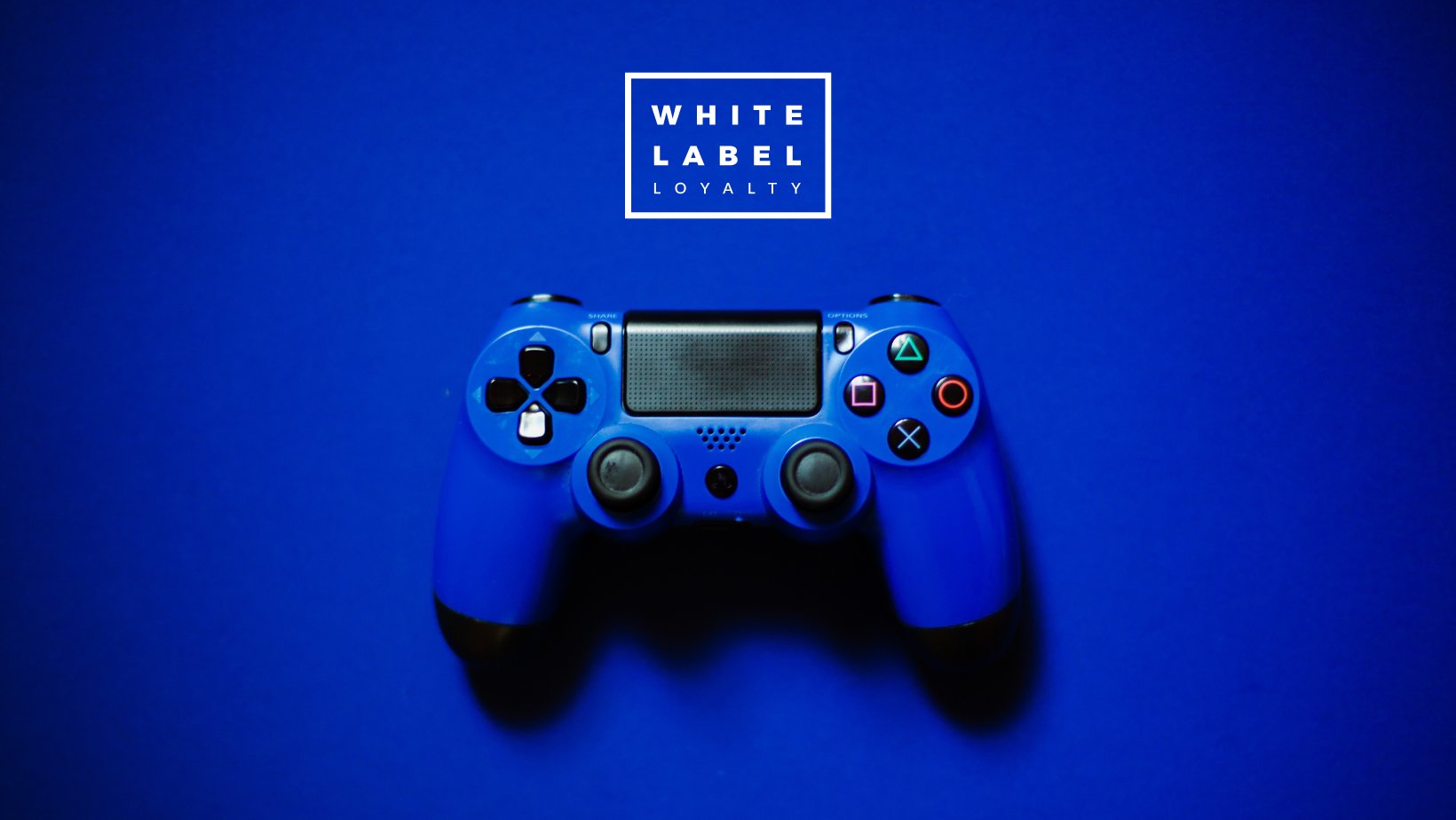
The gaming industry is highly competitive. Game developers only have one chance at making a user’s experience memorable. If a gaming company fails to capture user attention, customers will likely move on to another game or platform. Achille Traore, CEO of White Label Loyalty, discusses the opportunities awaiting gaming brands to create more loyal customers.
What are the main goals and objectives of brands in the gaming industry?
Most brands in the gaming industry are striving for the same thing: customer retention. The industry is well known for high engagement rates, but it’s also well known for low retention rates.
Player retention is important for gaming brands because existing customers are very valuable in the long run. It’s much easier to upsell and cross-sell to loyal users. Plus, the cost of acquiring new customers is becoming more and more expensive.
The gaming industry faces a number of challenges. What are they?
The first challenge is about engaging casual players and persuading them to play more frequently. And while there are many factors that contribute to this, including the quality of a game and the ability to market it effectively, gaming brands ultimately need to have a deep understanding of their customers.
The second challenge is knowing how to add value to a customer’s gaming experience. Not all users will find value in the same things. For one user, the value of a game may lie in the ability to customize characters with exclusive skins. For others, the value may lie in joining a community to meet other gamers.
Finally, gaming brands need to know how to break the barriers for people who haven’t gamed in a long time, or have never tried gaming before.
When it comes to gaming, how would you define loyalty and engagement?
A user that is truly engaged will spend a significant amount on in-game purchases.
Another way gamers show their loyalty is by engaging with communities via social media or forums like Reddit.
Loyal players can also become ambassadors for gaming brands. These players are more likely to engage with a brand outside of the game – they’ll spend money on equipment (such as a new console or PC), merchandise, and event tickets.
How does a gamer become loyal?
Loyalty often forms as a result of rewards. Players want to be rewarded. Whether it’s for completing a time-bound challenge, or unlocking different levels in a game, rewards add to a feeling of competition and accomplishment.
Gaming companies that reward customers for engagement can build real, long-term loyalty.
In order for gaming companies to better understand and engage their customers, what can they do?
Gaming companies must collect detailed data about their users to understand what drives them. Brands can use this data to build specific audience segments, which allows them to personalise and tailor marketing strategies to each customer profile.
Loyalty programs are an effective way to gather detailed information about user behaviour, needs, and preferences. When a gaming brand understands its customers, they can create customised rewards for each player segment, resulting in higher engagement and retention rates.
What are the best ways to reward players in the gaming industry?
With the right software, gaming brands can reward any kind of activity. For example, rewards could be given to streamers who refer games to others. Rewards could incentivise new customers to pick up their controllers again. Or, rewards can simply be used to show appreciation for those who dedicate their time and attention to a game.
Playstation Stars, a new loyalty program in the industry, rewards players for engaging with specific campaigns. Campaigns range from simply playing a game, to earning specific trophies or getting first place in a league table in your local area. Sony announced that the program uses a new type of reward – digital collectibles: “digital representations of things that Playstation fans enjoy, including figurines of beloved and iconic characters from games”.
What other opportunities await gaming brands?
With rewards, gaming companies can drive whatever specific behaviours they would like to see more of. For example, if a gaming brand wants to focus on new customer acquisition, they can build referrals into a rewards program. A fully-rounded loyalty program boosts acquisition as well as retention. While customers can do this on their own via social media or word of mouth, loyalty technology makes it as easy as possible for them to refer a game to family and friends.
There are so many different ways rewards can be used. From early access to a game, to free in-game currency, rewards help make a user’s experience more memorable and keep them engaged long-term. But rewards won’t be effective if gaming companies don’t understand what their customers actually want. That’s why it’s vital to start with data. Then, build a loyalty program that is based on what gamers find truly valuable.
Powered by WPeMatico
Gaming
58% of respondents like the“warmy” archetype. Rocket Match by RocketPlay became “ Valentine’s Tinder in Gaming”.
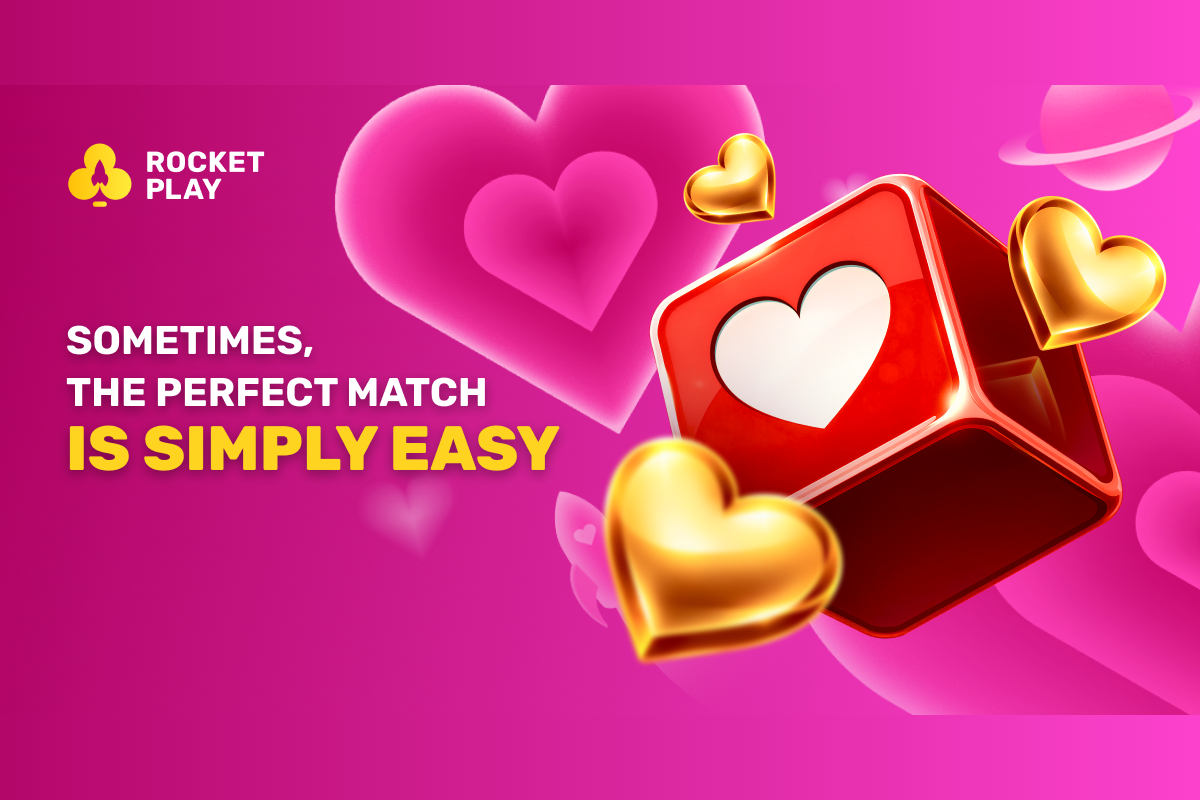
This Valentine’s, RocketPlay tested a playful idea: players who seek thrills in gaming don’t necessarily want intensity in everything — including relationships. Instead of asking users to pick a “perfect partner,” RocketPlay launched Rocket Match, a fast, flirty quiz that matches players with a vibe: Bold, Sunny, Dreamy, or Adventurous.
Early Results Flip the Stereotype
Around 58% of participants matched with the Sunny archetype — defined by warmth, charm, and easy-going fun. The experiment suggests that when it comes to Valentine’s, RocketPlay’s community prefers light-hearted connection over drama or high stakes.
What Rocket Match Is
Rocket Match is a Valentine’s matchmaking quiz built inside the RocketPlay Universe. Players answer five simple, no-wrong-answer questions and instantly discover their match vibe.
The goal: move away from typical Valentine’s content that swings between overly serious romance or clichéd tropes. Rocket Match keeps it flirty, playful, and moment-focused, letting players discover a vibe rather than a label.
The four vibes include:
-
Bold – confident, high-energy, loves bigger sparks
-
Sunny – easy-going, playful, social, effortlessly charming
-
Dreamy – soft, romantic, focused on atmosphere and emotion
-
Adventurous – playful risk-taker, spontaneous, curious
Community Insights from Rocket Match
The quiz quickly gained traction, with 7,000+ completions, revealing a strong preference: Sunny, the archetype defined by warmth, lightness, and charm.

Alex Martin, PR Lead at RocketPlay, said:
“What we liked most about Rocket Match is how clearly it captured the mood people actually want on Valentine’s. It wasn’t about labels or big statements — it was about light energy, easy chemistry, and a feel-good kind of connection. That’s the vibe we try to build across the brand: simple to join, fun in the moment, and positive without the drama.”
Why It Matters
Rocket Match was more than a Valentine’s gimmick. It offered a snapshot of what RocketPlay’s community enjoys most: light energy, playful interaction, and feel-good connections. By turning a pop-culture moment into a small experiment, RocketPlay gained insight into player preferences, informing how the brand continues to design engaging, fun, and positive experiences.
The post 58% of respondents like the“warmy” archetype. Rocket Match by RocketPlay became “ Valentine’s Tinder in Gaming”. appeared first on Eastern European Gaming | Global iGaming & Tech Intelligence Hub.
Gaming
58% of respondents like the“warmy” archetype. Rocket Match by RocketPlay became “ Valentine’s Tinder in Gaming”.
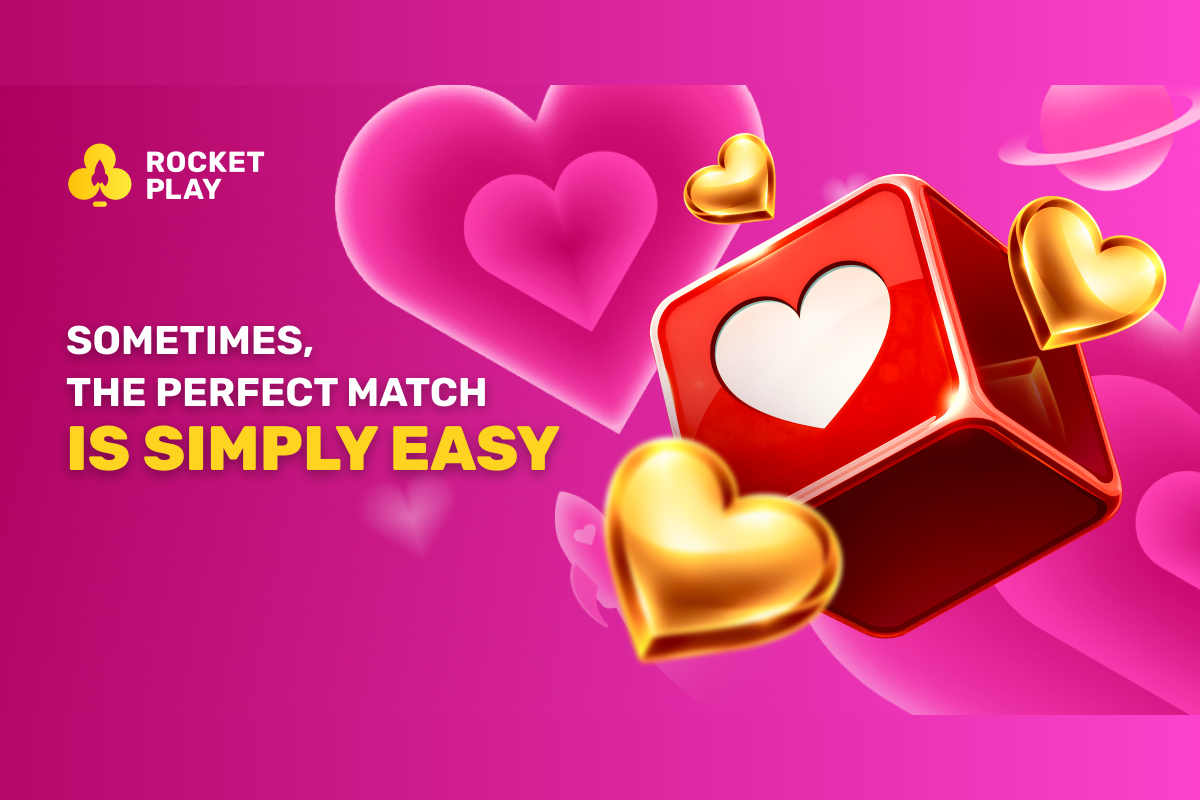
This Valentine’s, RocketPlay tested a simple idea: people who come to iGaming for thrill don’t necessarily want the same intensity in everything — including relationships. Instead of asking players to choose a “perfect partner,” we launched Rocket Match, a fast, playful quiz that matches players with a vibe — bold, sweet, dreamy, or adventurous.
Early results flipped the stereotype. Around 58% of participants matched with the same vibe — built around warmth, charm, and easy fun — suggesting that when it comes to Valentine’s, our community prefers light-hearted connection over drama or risk.
What Rocket Match is
Rocket Match is a Valentine’s matchmaking quiz built as a small cosmic adventure inside the gaming RocketPlay Universe. Players answer 5 light questions — no right or wrong answers — and instantly unlock a Rocket Match that compliments themself. The idea was simple: Valentine’s content online often swings between two extremes — overly serious romance or pure cliché. Rocket Match was created to do something different: keep it flirty, keep it playful, and let players discover a vibe that feels like a moment, not a label.
There were 4 vibes to match with:
Bold — confident, high-energy, loves a bigger spark and bolder choices.
Sunny — easy-going, lighthearted, funny, good communicator
Dreamy — softer, romantic, drawn to atmosphere and emotion.
Adventurous — playful risk-taker energy; spontaneous, curious, and always up for something new.
The lightweight Valentine’s experiment quickly gained traction, with 7,000+ players completing the quiz. The unexpected value came after: the answers revealed a clear preference in what players wanted Valentine’s to feel like — and that insight became the story.
Across responses, around 58% of participants landed on the same Rocket Match vibe — the “sunny” archetype. It’s defined by warmth, lightness, and easy charm: playful, social, and effortless to be around.
What it says about RocketPlay’s community
Rocket Match offered a clear read on the kind of Valentine’s energy players gravitate toward — and it’s lighter than the usual “high-stakes romance” stereotype. As Alex Martin, PR Lead, puts it: “What we liked most about Rocket Match is how clearly it captured the mood people actually want on Valentine’s. It wasn’t about labels or big statements — it was about light energy, easy chemistry, and a feel-good kind of connection. That’s the vibe we try to build across the brand: simple to join, fun in the moment, and positive without the drama.”
What started as a fun Valentine’s experiment quickly became a snapshot of what the community enjoys most: light energy, easy chemistry, and feel-good connection. Valentine’s was simply the right moment to test a playful, pop-culture format — and see what kind of “match” people gravitate toward.
The post 58% of respondents like the“warmy” archetype. Rocket Match by RocketPlay became “ Valentine’s Tinder in Gaming”. appeared first on Americas iGaming & Sports Betting News.
CEO of GGBET UA Serhii Mishchenko
GGBET UA kicks off the “Keep it GG” promotional campaign

A leading gaming brand in Ukraine has launched a collection of ads featuring the tagline “Keep it GG” as part of an extensive communications initiative. The videos are currently being broadcast on Ukrainian TV, online platforms, and the brand’s social media accounts.
“GG” (Good Game) started in video game culture, yet its significance has far surpassed the literal meaning of “well played.” Currently, it symbolizes a worldwide sign of honor and gratitude for the feelings exchanged following a match, no matter the outcome. This concept served as the basis for GGBET UA’s latest marketing campaign. The video series embodies a unique GG atmosphere: rather than using a conventional voiceover, it incorporates complete audio tracks; the narrative features both literal and metaphorical allusions to sports and esports terms, alongside in-game and casino aspects; and prominent Ukrainian footballers are among the main characters.
“Every game, every match, every tournament is a moment that brings people together. For us, it’s important that every interaction with GGBET gives users that good game feeling — an experience that outlives the result and leaves vivid emotions behind, just like after watching a match,” comments CEO of GGBET UA, Serhii Mishchenko.
Going beyond the traditional view of GG also signifies a more profound implication — the brand’s strategic focus. The international brand, which has concentrated on esports for several years and attained significant success in esports betting and collaborations, is now adopting best practices to enhance traditional sports in regional markets. GGBET UA showcases a wider strategy for Good Game via collaborations (FC Dynamo Kyiv, FC Polissya, and the Ukrainian Basketball Federation), by organizing its own events and special projects, including initiatives that blend sports with esports, like the Match of LeGGends: Derby showmatch on the server featuring esports athletes and football players.
The brand’s creative team collaborated with a Ukrainian advertising agency and a Ukrainian production company to develop the commercials. GGBET UA made this choice to assist the local creative sector amid the war.
The post GGBET UA kicks off the “Keep it GG” promotional campaign appeared first on Eastern European Gaming | Global iGaming & Tech Intelligence Hub.
-

 Amusnet6 days ago
Amusnet6 days agoWeek 7/2026 slot games releases
-

 Aphrodite’s Kiss6 days ago
Aphrodite’s Kiss6 days agoLove on the Reels: Slotland Introduces “Aphrodite’s Kiss”
-

 Brino Games6 days ago
Brino Games6 days agoQTech Games integrates more creative content from Brino Games
-

 Denmark7 days ago
Denmark7 days agoRoyalCasino Partners with ScatterKings for Company’s Danish Launch
-

 Baltics7 days ago
Baltics7 days agoEstonia to Reinstate 5.5% Online Gambling Tax From March 1
-

 Booming Games7 days ago
Booming Games7 days agoTreasure Hunt Revival — Booming Games Launches Gold Gold Gold Hold and Win
-

 Bet Rite7 days ago
Bet Rite7 days agoSpintec Expands into Canada with Bet Rite
-

 ELA Games7 days ago
ELA Games7 days agoELA Games Unveils Tea Party of Fortune — A Magical Multiplier Experience



